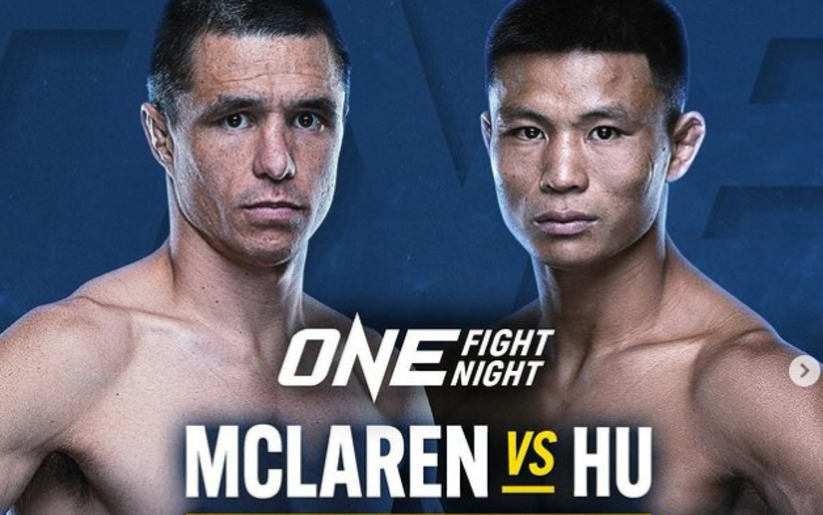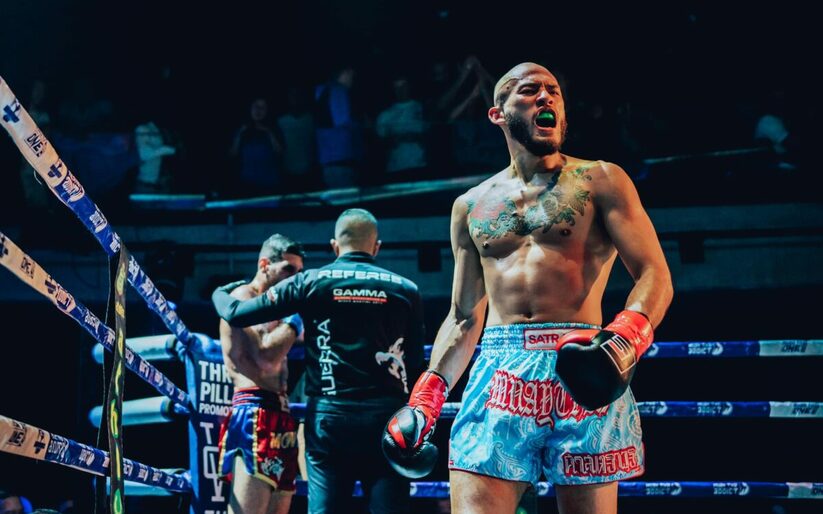Written by Erik Magraken as originally seen at Combat Sports Law on Tuesday October 16.
***
An Overview and Analysis of the UFC Anti Trust Lawsuit
Today Cung Le, Nathan Quarry and Jon Fitch filed a lawsuit against the UFC alleging anti-competitive practices. The lawsuit was filed in US Federal Court and seeks Class Action status. I have obtained a copy of the filed Complaint and it can be found here: Le v. Zuffa Anti Trust Class Action Complaint
I’ve reviewed this and here are my initial thoughts –
1. The lawyers involved are perhaps as important as the fighters named. The team of lawyers include class action and anti-trust lawsuit specialists who have taken on high profile defendants before such as Apple, Google, Intel, Adobe Systems, Pixar, Lucasfilm. The idea of staring Zuffa down in a drawn out, expensive legal battle will not be a barrier to this legal team.
2. There are three named Plaintiffs but this list will undoubtedly grow as this litigation continues to receive press. Whether or not other fighters come forward the claim seeks to be certified as a class action and with the Courts permission will represent two broad classes. A “Bout” Class which is defined as follows:
All persons who competed in one or more live professional UFC promoted
MMA bouts taking place or broadcast in the United States
during the Class Period. The Bout Class excludes all persons who are not
residents or citizens of the United States unless the UFC paid such
persons for competing in a bout fought in the United States.
and a “Identity” Class which is defined as follows:
Each and every UFC Fighter whose Identity was expropriated or
exploited by the UFC, including in UFC Licensed Merchandise and/or
UFC Promotional Materials, during the Class Period in the United States.
3. The lawsuit labels the UFC as a monopoly and monopsony of MMA. The lawsuit is clever and does not claim that the UFC enjoys monopoly and monopsony power over all MMA, rather only over “Elite Professional MMA“. The lawsuit goes on to acknowledge that there are other players in the industry but only the UFC is “elite” and that they have no competition, either as the buyer of MMA services or the vendor of the MMA product to the public at this level.
4. The lawsuit paints a damaging picture of the UFC alleging they obtained their market position through a series of anti-competitive practices and have secured approximately 90% of the global share of all MMA revenue. The lawsuit alleges that fighters are only paid 10-17% of total UFC revenues generated from Bouts.
5. The alleged anti-competitive practices include
- artificially reducing compensation for elite professional MMA fighters
- tying down their roster to long term exclusive contracts with little access to true free agency
- further tying down their most valued fighters through a “champion’s clause”
- artificially suppressing open market bidding through “right of first offer” and “right to match” clauses
- preventing fighters from financially benefiting from their reputations by obtaining Identity Rights in perpetuity
- imposing promotional obligations on their fighters with no additional compensation
- obtaining the rights of retired fighters in perpetuity
- tolling provisions which extend fighter contracts during periods of injury and retirement
- blocking sponsors from working with fighters through a “sponsorship and endorsement clause”
- eliminating actual or potential rivals
- relegating all remaining MMA promoters to ‘minor league’ status
- adding contractual ‘unilateral demotion in pay’ clauses
- unfairly threaten, intimidate and retaliate against MMA fighters who work with or for would be rivals
- Using exclusive contracts with fight venues and sponsors that “impair and foreclose would be rival MMA promoters”
6. The lawsuit seeks to avoid choice of law and arbitration clauses in Zuffa fighter contracts by arguing that the lawsuit is not seeking to enforce any contractual rights, but rather that the contracts, taken as a whole, “form part of the UFC’s anticompetitive scheme to impair actual or potential rivals” from fairly competing in the industry.
7. The lawsuit seeks significant damages and further seeks court orders prohibiting the UFC from engaging in further alleged anti competitive practices
The UFC has yet to provide a substantive response to the lawsuit. When they do you can expect then to argue that
- they are not a monopoly and point to the higher profile rival promotions such as Bellator, the World Series of Fighting and One FC
- that fighting is a choice, not a requirement and fighters are free to not sign these contracts
- that while they are the most prestigious MMA organization, that they gained this position through business acumen and hard work, not anti competitive practices
- that the FTC investigated alleged anti competitive practices a few years back and closed their investigation without charges
This lawsuit, whether successful or not, will create a prolonged and focused audit of Zuffa’s business practices. As previously discussed, when a sporting organization obtains the market power of the UFC they gain a significant bargaining advantage over the talent. Eventually this creates a critical inequality in contract rights. This is a reality and the stronger the UFC’s market position becomes the more important it will be to balance this with collective bargaining rights through some sort of MMA fighters association.
Zuffa wants the UFC to be the NFL of MMA, a quote which is thrown back at them multiple times in the lawsuit. They can achieve this status and enjoy the benefits that come from market dominance but not without embracing athlete collective bargaining rights that also come at this elite level. This lawsuit is a powerful accelerant in this direction.


